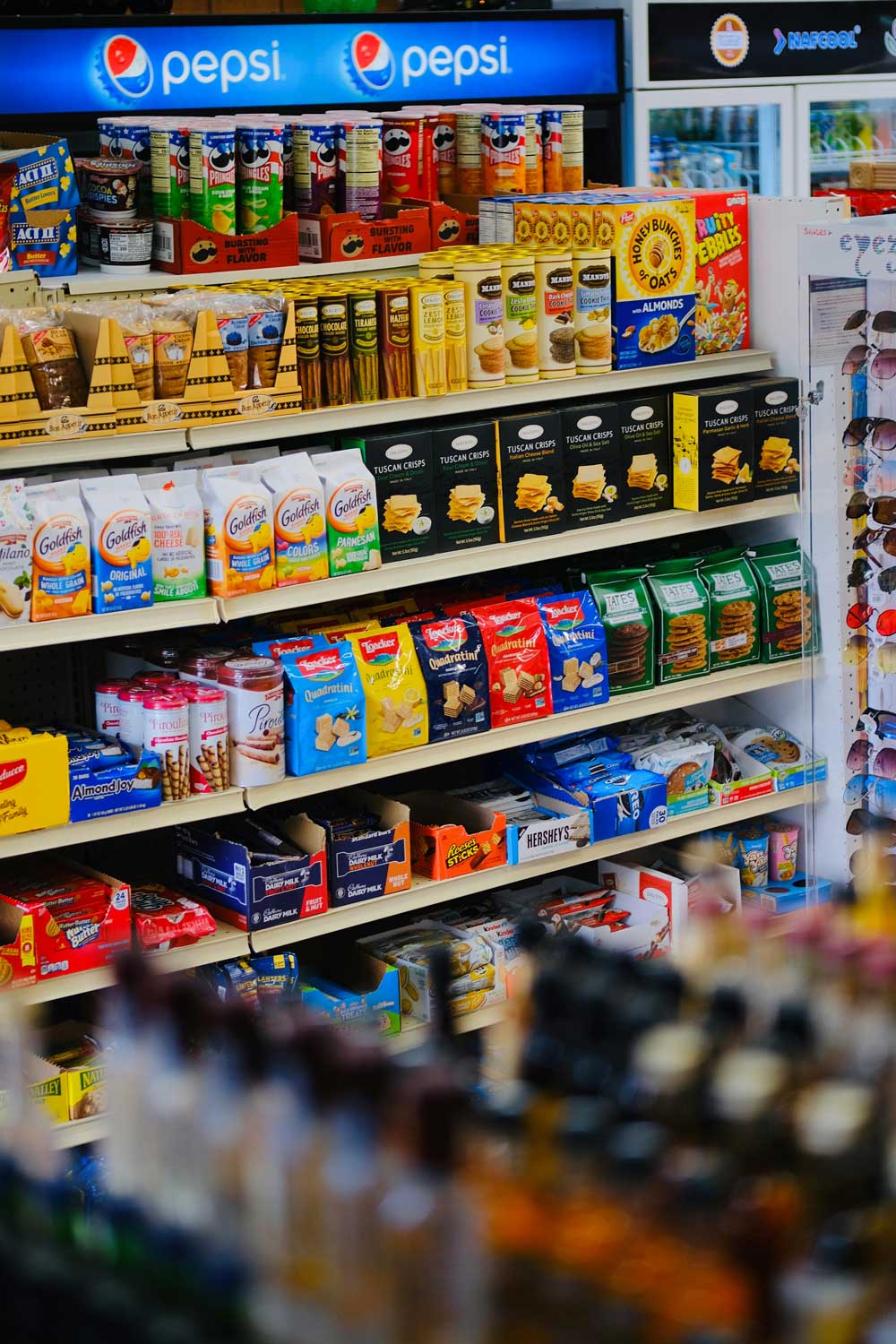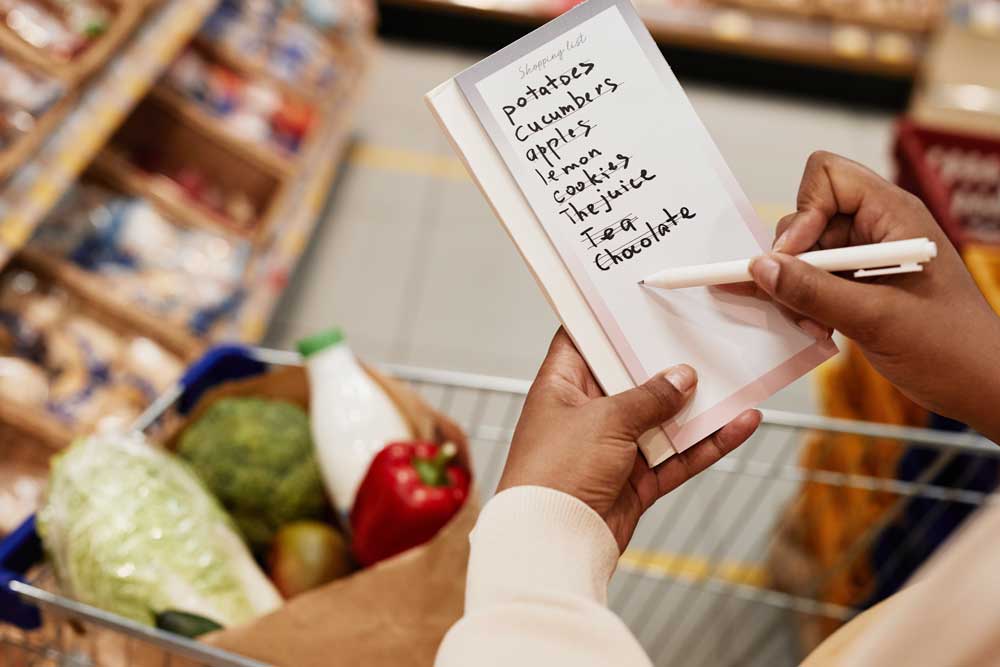Ah, grocery shopping—the age-old ritual of entering a store with a short list and leaving with a cart full of snacks, mystery purchases, and a receipt that makes you question your life choices. If you’ve ever gone shopping on an empty stomach and found yourself clutching a family-sized bag of chips and a tub of ice cream (for emergencies, of course), you’re not alone. Supermarkets are designed to make you spend more, but you can outsmart the system with a little strategy. Here are seven golden rules to keep you on track and under budget while grocery shopping.
1. Never, Ever Grocery Shop on an Empty Stomach

This is the cardinal rule of smart shopping. When you're hungry, every aisle becomes a wonderland of temptation. Suddenly, that overpriced gourmet popcorn and those cookies you haven’t eaten since childhood feel like absolute necessities. Hunger leads to impulse buying, and impulse buying leads to regret (and an emptier wallet). The fix? Have a snack before you shop. A handful of nuts, a banana, or even a small sandwich can keep your cravings in check and your grocery list on track.
2. Supermarkets Are Playing Mind Games—Don’t Fall for Them

Ever notice that the essentials like milk, eggs, and fresh produce are always at the far end of the store? That’s not by accident. Supermarkets design their layouts to make you walk past aisles of tempting (and often unnecessary) items. Eye-level shelves? Those are reserved for the pricier brands. End-cap displays? They’re not necessarily deals—just cleverly placed products meant to grab your attention. Beat the system by sticking to the store’s perimeter, where fresh produce, dairy, and proteins are typically found, and resist wandering through the aisles.
3. The Shopping List is Your Best Friend (and Budget Protector)

Walking into a grocery store without a list is like navigating a jungle without a map—you’re bound to get lost and pick up things you don’t need. A well-planned shopping list, ideally based on your meal plan for the week, helps you stay focused. Bonus tip: Organize your list according to the store’s layout. This saves time and prevents you from making unnecessary detours into the snack aisle (unless snacks are on the list, of course).
4. Beware of Sneaky Sales and “BOGO” Deals

“Buy One, Get One Free” sounds like a fantastic deal—until you realize you never needed one in the first place, let alone two. Stores use psychological pricing tricks to get you to buy more than you need. Instead of falling for flashy promotions, compare the price per unit to ensure you’re actually getting a good deal. And ask yourself: Do I need 10 cans of tomato soup just because they’re on sale? (Hint: Probably not.)
5. Compare, Check, and Don’t Fear the Generic Brands

Brand loyalty is great—until it costs you an extra 100 for the same product. Often, generic or store-brand items are just as good as name brands, and sometimes, they’re even made by the same manufacturers. Check ingredients and nutrition labels, compare unit prices, and be willing to experiment with different brands. Your wallet will thank you.

6. Shop With a Basket Instead of a Cart When Possible
If you’re only picking up a few things, opt for a basket instead of a cart. A cart makes it easier to toss in extra items without realising it, while a basket forces you to think twice before adding more weight to your arms. Fewer items, less spending—it’s a simple but effective trick.
7. Time Your Grocery Trips Wisely
Ever notice how crowded grocery stores can influence your choices? Shopping during peak hours means you’re more likely to make rushed decisions, grab convenient (and often pricier) options, and even forget items in the chaos. Try shopping during off-peak hours, like early mornings or late evenings, when the store is quieter, and you can take your time making smart choices.
Shop Smart, Save More, Eat Well
Grocery shopping doesn’t have to be a budget-busting, regret-filled experience. With these simple but effective strategies, you can navigate the supermarket like a pro, avoid impulse purchases, and keep your kitchen stocked with foods that actually serve you well. So, snack before you shop, make a plan, time your trips right, and don’t let supermarket mind tricks get the best of you. Your bank account (and future self) will thank you.